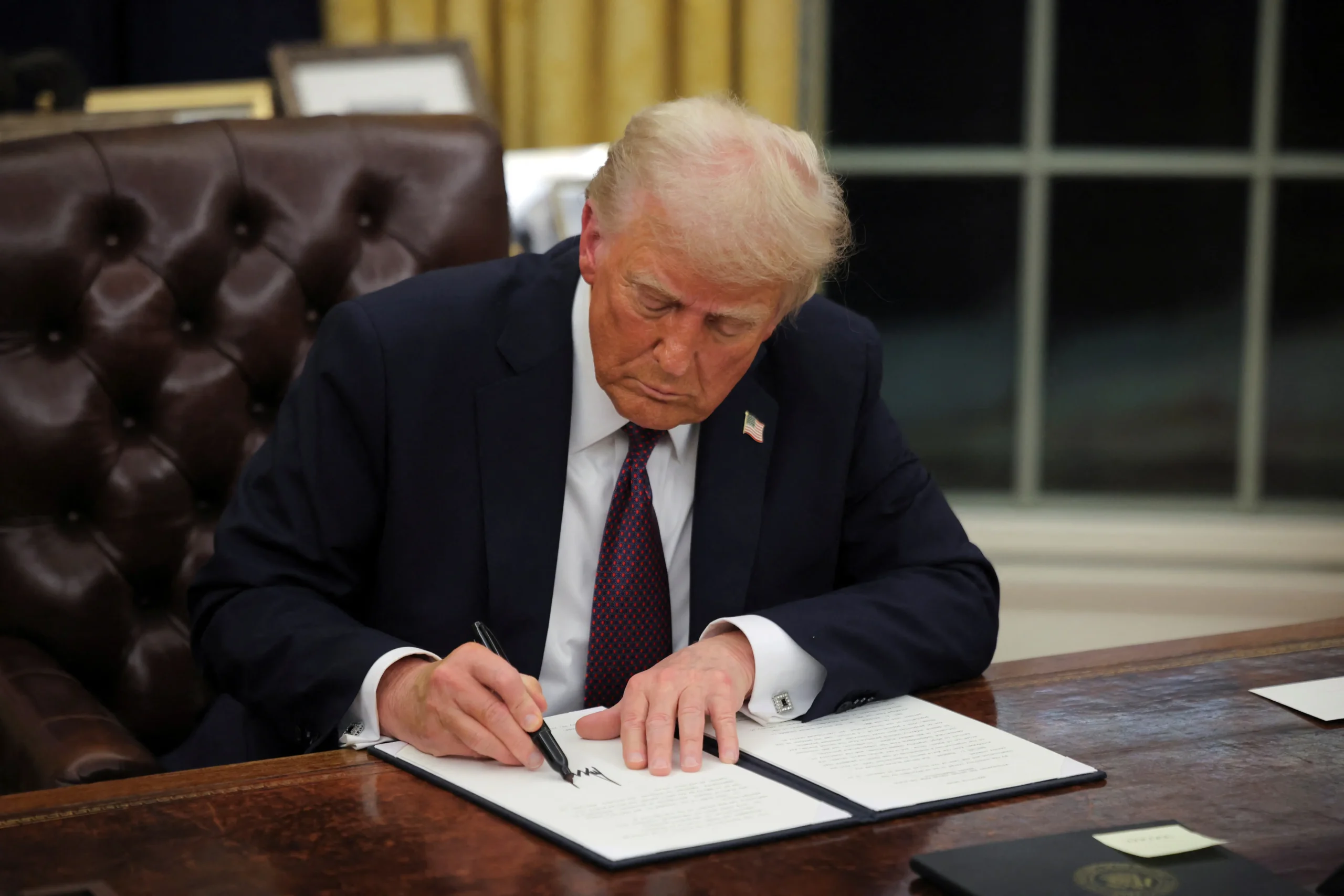Devastating Floods Displace Thousands in South Sudan, Leaving Communities Struggling for Survival
Severe flooding in South Sudan has left more than 379,000 people displaced this year, with many seeking refuge in the Jonglei Canal after their villages were submerged by rising waters. The floods, exacerbated by factors such as the opening of upstream dams and high Nile water levels, have devastated communities in Jonglei state, forcing people to flee their homes and livelihoods. The Jonglei Canal, a century-old project left unfinished by colonial authorities, has become a vital refuge, although conditions are harsh. The newly established community of Pajiek, where many displaced people have settled, lacks basic services such as schools, clinics, and reliable communication, leaving villagers dependent on aid. With roads impassable and no government presence, residents rely on food assistance from the World Food Program, though supplies are dwindling, and aid is becoming increasingly difficult to deliver. For families like that of Nyabuot Reat Kuor, the floodwaters have destroyed crops, killed livestock, and forced them to abandon their village. As international aid funding declines, people like Kuor face an uncertain future, surviving on wild leaves and water lilies from the swamp when food supplies run out. Compounding the crisis, health facilities are understocked and understaffed, with medics going unpaid for months. Medical supplies have run out, and residents face additional risks from waterborne diseases and snake bites in the flooded environment. The ongoing civil conflict in Sudan has further disrupted the region’s economy, deepening the hardship for South Sudanese communities already struggling to survive. As the country grapples with this devastating crisis, the international community’s response and support will be critical to alleviating the suffering and helping displaced South Sudanese rebuild their lives.
Among the displaced is Bichiok Hoth Chuiny, a 70-year-old woman who had to be rescued by canoe after her village of Gorwai became a swamp. South Sudan’s vulnerability to climate change has made such floods a recurring disaster, with seasonal flooding now becoming an annual crisis. The pastoral communities of Jonglei, including the Dinka, Nuer, and Murle, are losing their ability to farm and raise livestock as the wetlands expand.



